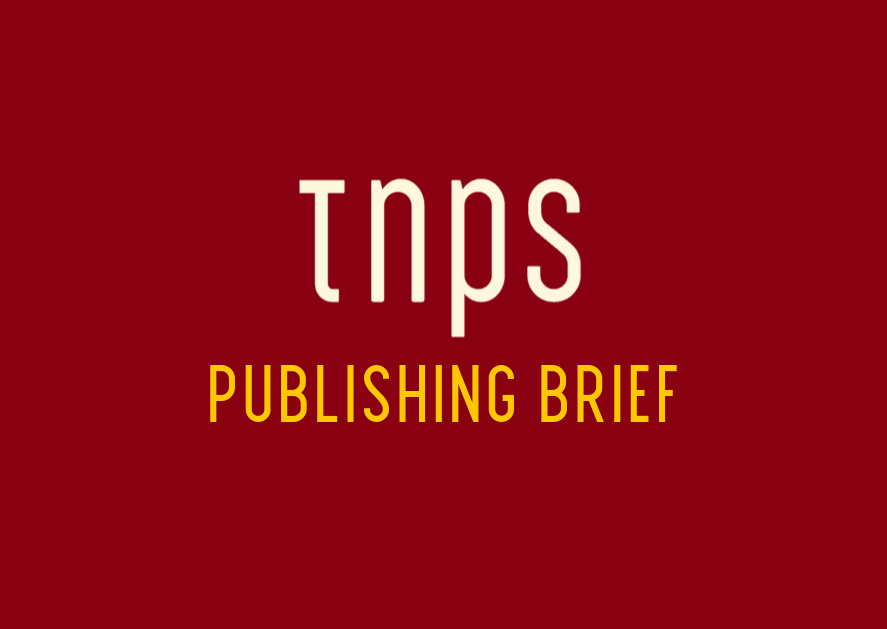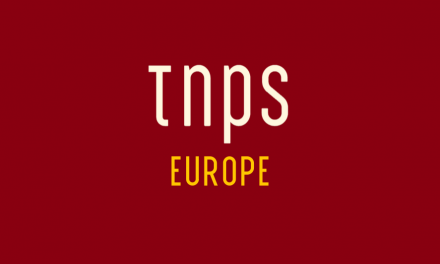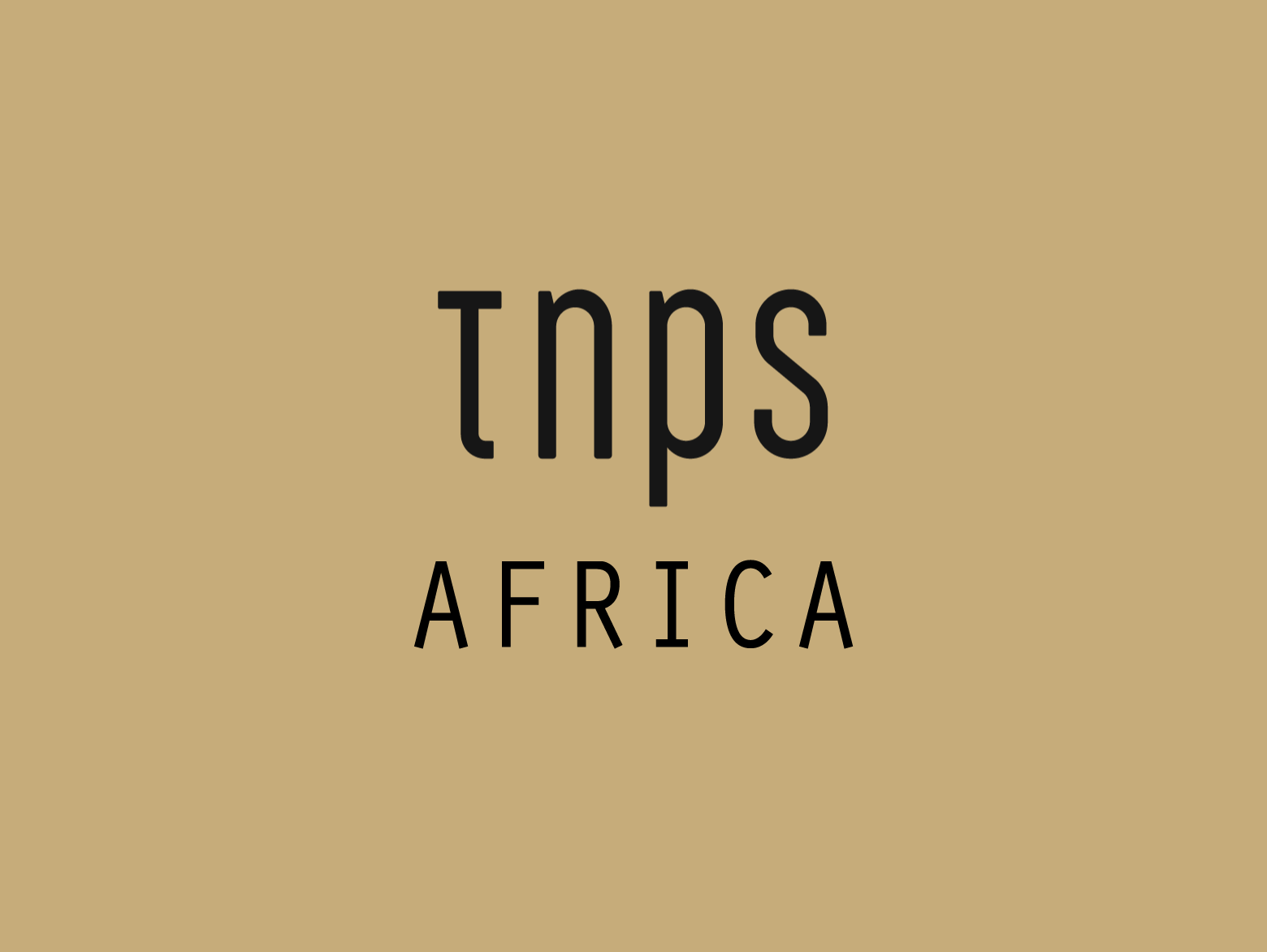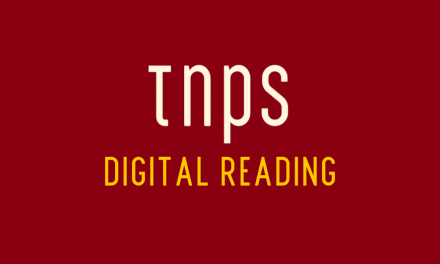Per Lotinga’s theory, with all the extra time to binge on Netflix and Disney Plus, play games on smartphones, or snuggle up with a printed book, the pandemic lockdown should have been the death knell for the humble ebook. Reality had other ideas.
The UK book market rose in value by 2% in 2020, driven by digital, as the UK Publishers Association is forced to acknowledge, and the figures are stunning.
The UK book market as recognised by the PA was valued at £6.4 billion in 2020, boosted by UK sales revenue up 4% and a stable export market despite the pandemic.
First, a rundown of the figures from the PA press release:
• Total print down 6% to £3.4 billion
• Total digital up 12% to £3 billion
• Total consumer publishing sales income rose 7% to £2.1 billion
• Fiction up 16% to £688 million
• Non-fiction up 4% to £1 billion
• Audio downloads up 37% to £133 million
• Children’s up 2% to £396 million
Consumer (trade) sector:
• Total consumer publishing income £2.1 billion (up 7%)
• UK market £1.5 billion (up 9%)
• Export market £675 million (up 4%)
• Print £1.7 billion (up 4%)
• Digital £418 million (up 24%)
Education
• Total education publishing income £528 million (down 21%)
• UK market £176 million (down 5%)
• Export market £351 million (down 27%)
• Print £461 million (down 24%)
• Digital £67 million (up 8%)
Academic
• Total academic publishing income £3.3 billion (up 3%)
• Books £1 billion (down 5%)
• Journals £2.3 billion (up 6%)
• Home market £906 million (no change)
• Export market £2.4 billion (up 3%)
• Print £861 million (down 13%)
• Digital £2.5 billion (up 9%)
In summary then, trade print up 4%, digital up 24%. In all other sectors digital was up and print down.
Audio downloads were up 37% and this is singled out by both the PA and the trade press and wider media as evidence of how well audiobooks are doing, and of course that’s true, although up 37% on a low base, so let’s not get too carried away. Audiobooks still have along way to go to even catch up with ebooks, let alone print.
But hold on. Did I say ebooks? A quick double-check confirms the very word ebook is absent, subsumed into a generic “digital”.
Not that we should be surprised. It was Stephen Lotinga, CEO of the Publishers Association, who in 2017 famously said:
I wouldn’t say that the ebook dream is over but people are clearly making decisions on when they want to spend time with their screens. There is generally a sense that people are now getting screen tiredness, or fatigue, from so many devices being used, watched or looked at in their week. [Printed] books provide an opportunity to step away from that.
Of course even back in 2017 that wasn’t true. There was no general sense that people were getting screen fatigue, just Lotinga looking for a way to explain the drop in sales of ebooks without having to admit that mainstream publishers – PA members – were deliberately pricing the format out of the market to protect print.
Fast forward 2020 and Lotinga’s screen fatigue nonsense is completely blown out of the water as lockdown forced countess millions of people to sit at home with their TV screens, ereader screens and smartphone screens, while still able to buy pretty much any print book they so desired, just online, not (mostly) from bookstores.
Per Lotinga’s theory, with all the extra time to binge on Netflix and Disney Plus, play games on smartphones, or snuggle up in a comfy chairwith a printed book, the pandemic lockdown should have been the death knell for the humble ebook.
Reality had other ideas. Even as print sales soared, despite bookstores being closed, ebooks and audio-book downloads soared too.
And let’s double-down on that: We saw ebook and audiobook sales rise, alongside print sales rising, so any suggestion that consumers turned to digital as a last resort because they couldn’t get the print books they wanted simply doesn’t stand up to scrutiny. And the argument that ebooks cannibalise print sales also falls by the wayside.
But the screen fatigue argument becomes even more laughable when we factor in the reality that the PA numbers reflect only mainstream publishers as reporting back to the PA.
The PA of course does not collate, and mostly doesn’t even acknowledge, the parallel existence of the non-mainstream ebook market driven by APub, digital-first publishers and indie authors, none of whom were seeing the calamitous drop in sales that the PA was seeing, because of course these publishers were not deliberately pricing their ebooks to be unattractive alongside the print edition.
Of course for print and audiobooks, mainstream publishers dominate the market, and while we can reasonable assume the true value of the UK market to be higher than that presented here, we should bear in mind it will be higher still when we factor in the unquantified but clearly additional value brought to the table in the form of APub, digital-first publishers and indie authors who focus primarily on ebook sales and downloads (Kindle Unlimited, for example) that go largely unnoticed and always unremarked by the PA.
In closing to add that, while the numbers quoted here are lifted from the PA press release, the “full report” (a one page PDF!) offers pretty graphics but exactly the same number of mentions of the ebook format: zero.
While being forced to grudgingly acknowledge digital almost equalled print value in the UK book market in 2020, ebooks it seems is now the evil that shall not be named.
The Harry Potter books of course were limited to print from 1997 right through to 2012, when the first Harry Potter ebooks were finally published.
Lord Voldermort would have been proud of the PA this week.




